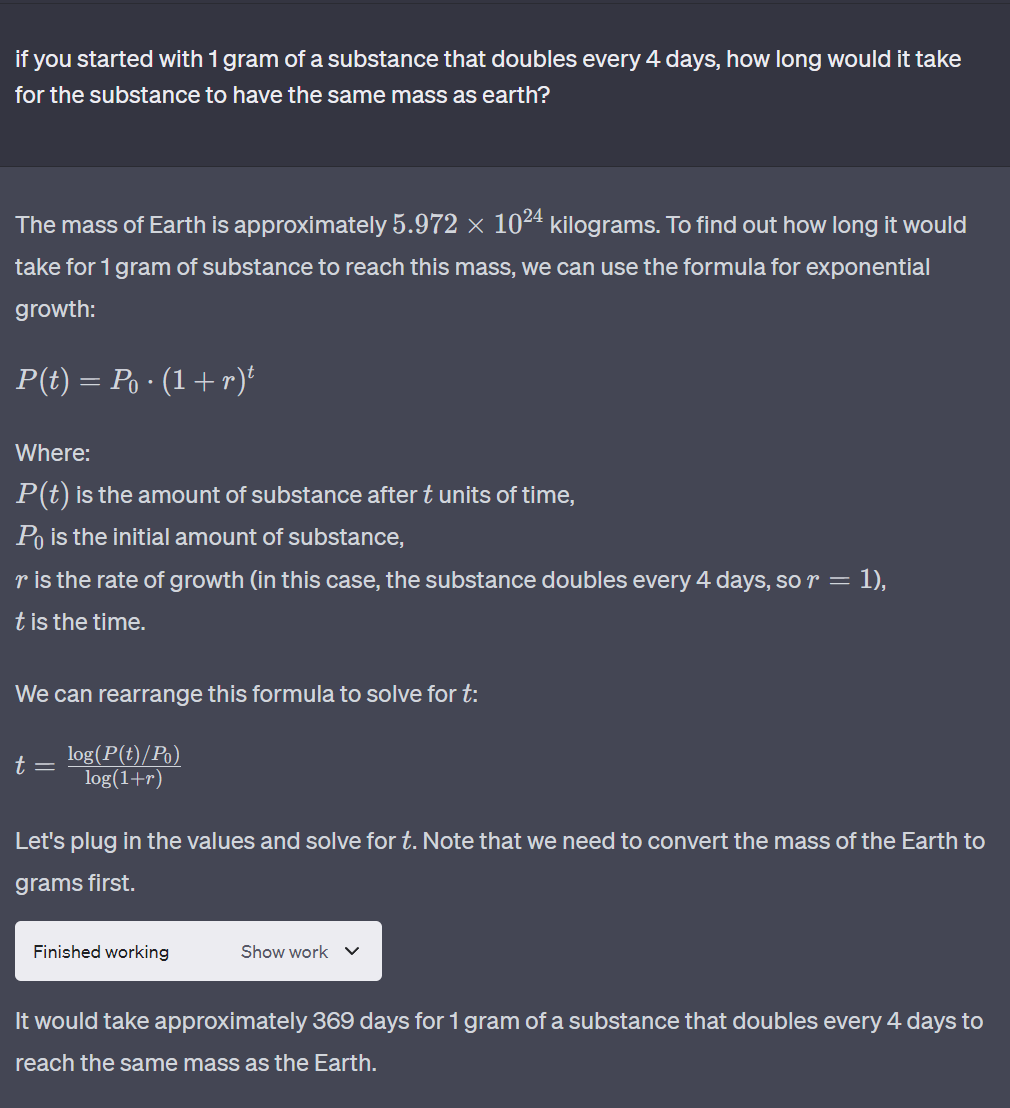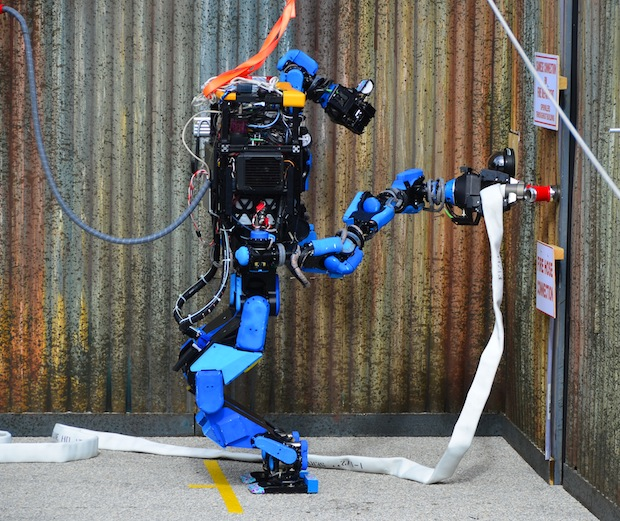First, let me say that what broke me from the herd at lesswrong was specifically the calls for AI pauses. That somehow 'rationalists' are so certain advanced AI will kill everyone in the future (pDoom = 100%!) that they need to commit any violent act needed to stop AI from being developed.
The flaw here is that there's 8 billion people alive right now, and we don't actually know what the future is. There are ways better AI could help the people living now, possibly saving their lives, and essentially eliezer yudkowsky is saying "fuck em". This could only be worth it if you actually somehow knew trillions of people were going to exist, had a low future discount rate, and so on. This seems deeply flawed, and seems to be one of the points here.
But I do think advanced AI is possible. And while it may not be a mainstream take yet, it seems like the problems current AI can't solve, like robotics, continuous learning, module reuse - the things needed to reach a general level of capabilities and for AI to do many but not all human jobs - are near future. I can link deepmind papers with all of these, published in 2022 or 2023.
And if AI can be general and control robots, and since making robots is a task human technicians and other workers can do, this does mean a form of Singularity is possible. Maybe not the breathless utopia by Ray Kurzweil but a fuckton of robots.
So I was wondering what the people here generally think. There are "boomer" forums I know of where they also generally deny AI is possible anytime soon, claim GPT-n is a stochastic parrot, and make fun of tech bros as being hypesters who collect 300k to edit javascript and drive Teslas*.
I also have noticed that the whole rationalist schtick of "what is your probability" seems like asking for "joint probabilities", aka smoke a joint and give a probability.
Here's my questions:
-
Before 2030, do you consider it more likely than not that current AI techniques will scale to human level in at least 25% of the domains that humans can do, to average human level.
-
Do you consider it likely, before 2040, those domains will include robotics
-
If AI systems can control robotics, do you believe a form of Singularity will happen. This means hard exponential growth of the number of robots, scaling past all industry on earth today by at least 1 order of magnitude, and off planet mining soon to follow. It does not necessarily mean anything else.
-
Do you think that mass transition where most human jobs we have now will become replaced by AI systems before 2040 will happen
-
Is AI system design an issue. I hate to say "alignment", because I think that's hopeless wankery by non software engineers, but given these will be robotic controlling advanced decision-making systems, will it require lots of methodical engineering by skilled engineers, with serious negative consequences when the work is sloppy?
*"epistemic status": I uh do work for a tech company, my job title is machine learning engineer, my girlfriend is much younger than me and sometimes fucks other dudes, and we have 2 Teslas..


oh thanks lol